LESSON OVERVIEW
In this lesson on predictions, students learn and practice the use of the Future Simple tense to predict what will happen, and discuss how life will be different in the future.
B1 / Intermediate45 minStandard LessonUnlimited Plan
FUTURE SIMPLE TENSE & CONTROLLED PRACTICE
The lesson starts with a warm-up activity in which students read five opinions from the past and decide which of the technologies common nowadays the speakers were talking about (e.g. online shopping, car). Then, students choose the correct option in each of the five grammar rules necessary to be able to use the Future Simple tense for predictions (e.g. how to contract will not, how to make questions, whether contracted will is formal or informal). After that, they match the sentences from the previous exercise with the rules. They move on to a gap filling exercise in which they need to complete five sentences about the future. They use infinitives provided in the box. Next, students read eight predictions and correct mistakes in them. The mistakes are incorrect examples of the use of the Future Simple.
PREDICTIONS & DISCUSSION
In this part of the lesson, students discuss the predictions from the previous exercise (e.g. Students won’t use textbooks., People won’t use smartphones anymore.). Their next task is to complete sentences with the given phrases (e.g. will never, will be, we will use). The exercise contains expressions which are often used to talk about the future (e.g. someday, by 2050, sooner or later). After that, students move on to a task in which they make their own predictions using the Future Simple tense. They need to create sentences containing expressions from the previous exercise and their own ideas. They choose subjects from a list (e.g. entertainment, travel, language). Finally, they compare their ideas with a partner.
WORKSHEETS
Subscribe to unlock these and many other Standalone lesson lesson plans with the Unlimited plan
Subscribe


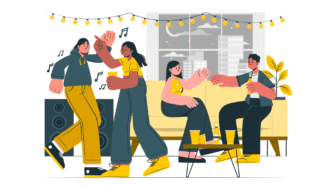

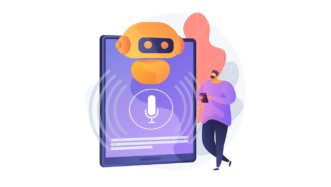
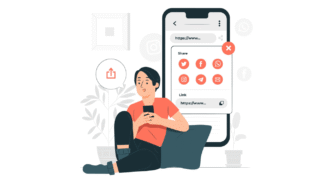
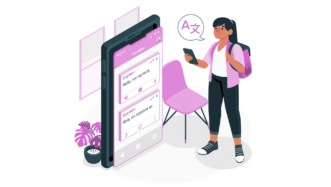
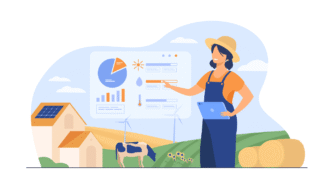
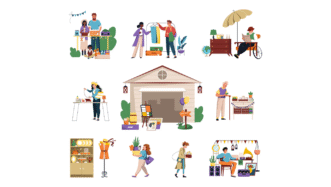
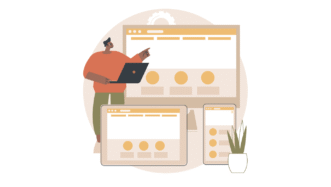

Never seen willn’t
Of course not! It’s in a discovery task in which students need to pick the right answer. I guess you haven’t read the instructions.
What the heck is the first exercise about? How is “People will only want to buy things in shops. They like to get out of the house, touch the products and be able to change their minds.” an online shopping?
Well, these sentences are some predictions on technologies and inventions that turned out to be wrong! Like that about “online shopping”, as some people claimed, will never catch on as people prefer to go out and buy things in brick-and-mortar shops. The reality is obviously different!
In my opinion both of the complaints below are there because people didn’t read the lesson carefully. It’s a great lesson, thank you for it!
Thanks for taking the time to comment 🙂